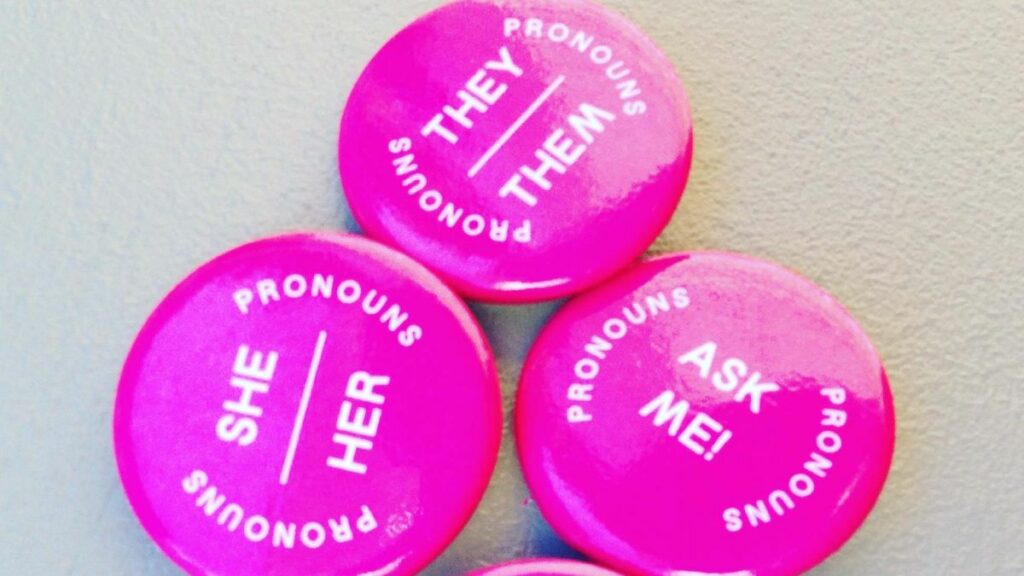Male, female, and…?
Canada has once again proved to be at the forefront of the battle led by the gender ideology. This is evidenced by what happened only recently: a Human Rights Tribunal has ruled that a restaurant had unfairly dismissed an employee who had asked the business to use “non-binary” pronouns, and decided that the latter is entitled to a compensation of $30,000.
Discrimination
The incident, as reported by Christian Post, took place in British Columbia. Despite the employee’s requests to be addressed by “non-binary” pronouns ‘they/them’, the restaurant owner was in the habit of addressing the employee using female pronouns, given that the person in question is a biological female. The confrontation between the two became such that the restaurant fired the employee. For the judges of the Tribunal it was a gesture that “amounted to discrimination.”
The right of trans employees
“All employees have the right to a workplace free of discrimination”, reads the opinion of the Tribunal. “Trans employees are entitled to recognition of, and respect for, their gender identity and expression. This begins with using their names and pronouns correctly.” And again, “Like a name, pronouns are a fundamental part of a person’s identity. They are a primary way that people identify each other. Using correct pronouns communicates that we see and respect a person for who they are.”
LGBT+ catechism
As for the restaurant, this didn’t end with a fine. In fact, the judge ordered it to “include a statement in its employee policies that affirms every employee’s right to be addressed with their correct pronouns”, i.e. their desired pronouns. It also ordered the restaurant to “implement mandatory training for all staff and managers about human rights in the workplace.” In short, the restaurant must organize a beautiful catechism course in rainbow colors that “should be no less than two hours”. The judge also took care to recommend that the restaurant should contact a “training provider” recommended by the dismissed employee.
Canada at the cutting edge
This comes as no surprise. Canada is inflexible on this front. In 2016, it passed a law–known as C-16–that added the concept of “gender identity” to race, religion, age, sex and sexual orientation in the protection clause of another law, one that protects human rights. The law in question provides for the imprisonment of those who incite hatred against a person precisely because of their “gender identity or expression” and, according to some readings that circulated in the media, it can even serve as grounds for condemning to prison those who “misuse” a person’s pronoun. This measure pairs with another one passed last spring–Bill C-10–that threatens to discriminate on the basis of personal views on gender ideology. Then again, which dictionary could you use to look up “non-binary” pronouns anyway?
Image source: Gender recognition pins cropped, photo by AWang (WMF) from Wikimedia Commons, self-published work, licensed by CC BY-SA 3.0
